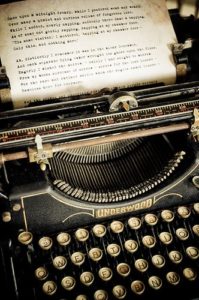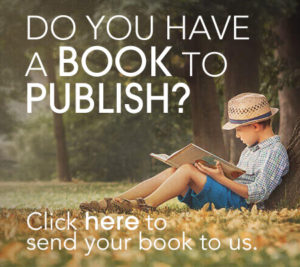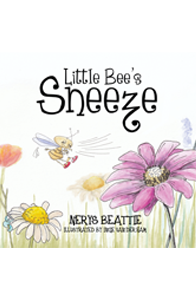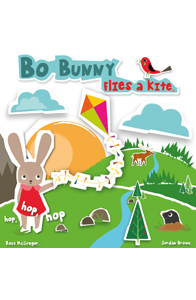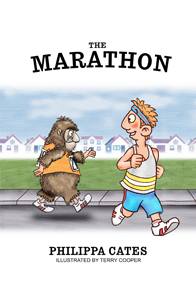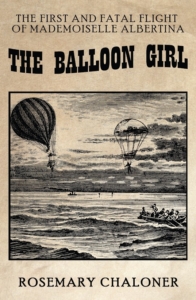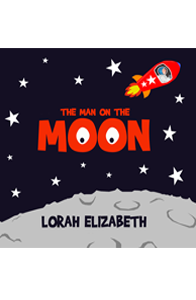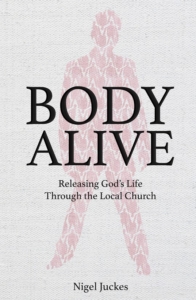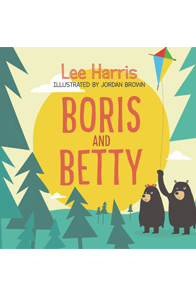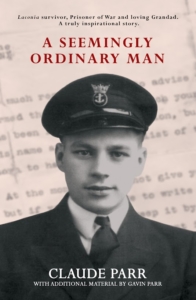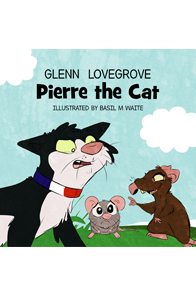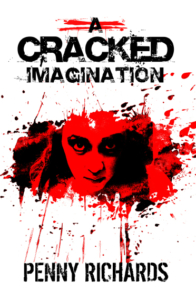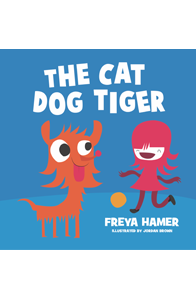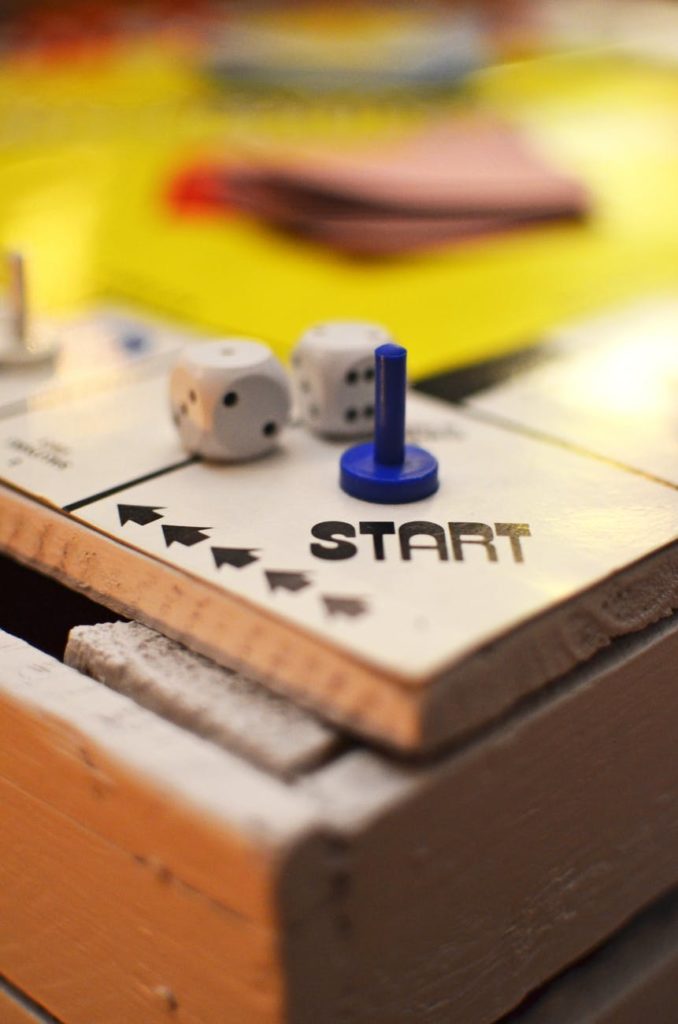 In last week’s blog I asked everyone to have the courage to write. To write something, anything. Writing may come easier to some than to others so it got me thinking about where writing begins.
In last week’s blog I asked everyone to have the courage to write. To write something, anything. Writing may come easier to some than to others so it got me thinking about where writing begins.
Is it the first chapter?
Is it the moment we commit the first word to paper?
The moment we sit down and open the laptop with a freshly made cuppa?
The conversation down the pub when we first reveal the world changing title of our novel?
Or is the nucleus of the idea that starts the process?
It could actually be any of these, and yet, could equally be none of them.
The meaning of intertextuality can be misplaced and is often introduced today as referring to another text. However, in The Post-War British Literature Handbook, Michael Greaney summarises it as follows:
‘Every act of writing, however ‘original’, involves some adaption of existing words, styles of expression, generic conventions and so forth. Writing thus emerges not from the author, but from what [Roland] Barthes calls the ‘immense dictionary’ of literature and culture that pre-exists the writer. Barthes even argues that the author – though at this point he prefers to use the term ‘scriptor’ – does not produce the writing but is an effect of the writing.’ (2010, 95-6)
In this regard, every word from every book that has been read and comprehended could maybe find its way into the formula of the story being produced. The form of the novel, poem or short story in question is also the result of understanding the ‘rules’ that are the make-up of the catalogue of literature that comes before us. Maybe that doesn’t apply to you, as what you are planning is ground breaking and will subvert the form of more traditional presentations of your tale, however, you must first know and understand these rules in order to challenge them, which of course comes from all the authors that come before you.
It is also true that writing, much like spoken language, is often a result of the social environment in which we inhabit. The language we use on a daily basis is heavily influenced by our national language, culture, social class, understanding of the world around us, religious beliefs, our values and many other contributing factors. To muddy the waters further a middle-class, white, single, British male may wish to write as a married, Mexican, Catholic, working-class woman. In this far-fetched but not impossible scenario, the author would have to navigate the aforementioned influences on the character created as well as wrestling the natural impulses brought about by their own experiences.
This brings me to the last of the possible beginnings to one’s writing (mentioned here anyway) and that is the author’s own experiences. Close your eyes and cast your mind back.
Do you remember your first kiss?
The first time you visited Rome?
How about the most traumatic event you’ve ever witnessed?
Maybe you’ve worked with people who suffer from mental health disorders or perhaps you’ve even lived through a difficult period and have come out the other end all the better for it.
Human emotions, romantic notions, tragic events, sharing drugs in damp festival tents… the list goes on! All of these and so many many more contribute to who we are and who the people around us are. If you already have a character in mind to write about, I challenge you to question whether this character reminds you of someone you know. If it does, great! It may actually help you flesh out the character to the point where readers will accept them all the more readily.
The key to producing writing is not about producing a plan any more than it is scribbling the first sentence. You need to possess a vocabulary, so read. Read different things all the time and discover the various ways in which other cultures, past or present, accept language. Talk to people. Everyone has different experiences, sometimes of the same things, but there is so much to learn from everyone. Finally, never under estimate your own experiences as they can often bring life to the characters you are creating and the environments in which they inhabit.
At this point, I feel it may be useful to challenge you to consider the above and attempt to apply it. Why not try writing a piece of approximately 1,000 words (or less) beginning or ending with one of the following lines:
- That was the last time I truly felt happy.
- It was the funniest thing I ever saw!
- The very thought of it still sends a shiver down my spine.
Good luck!
A blog by Steve Marshall
—
A message from the author of the blog:
I hope that the blog continues to inspire you all to engage with writing as a process, a process to be shared and continually improved. I encourage you all to post something, a piece of writing in response to this blog perhaps and I also ask that anyone commenting in response does so with courtesy, support and constructive criticism. As ever, if there are any particular topics that you wish to see covered then please submit them by reply and I will add them to my list.
Happy writing!
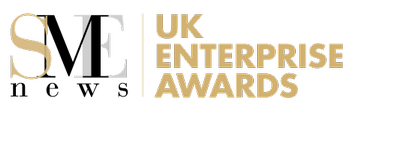
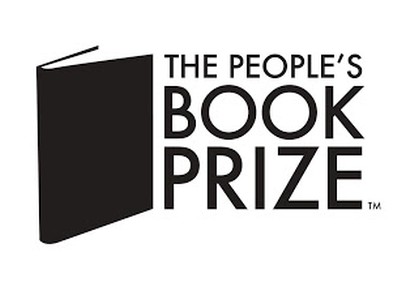
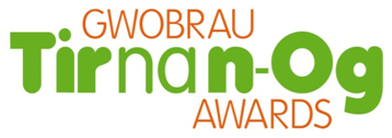



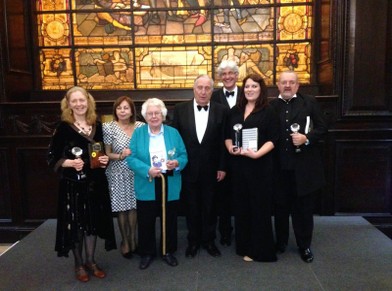

 In last week’s blog I asked everyone to have the courage to write. To write something, anything. Writing may come easier to some than to others so it got me thinking about where writing begins.
In last week’s blog I asked everyone to have the courage to write. To write something, anything. Writing may come easier to some than to others so it got me thinking about where writing begins. 